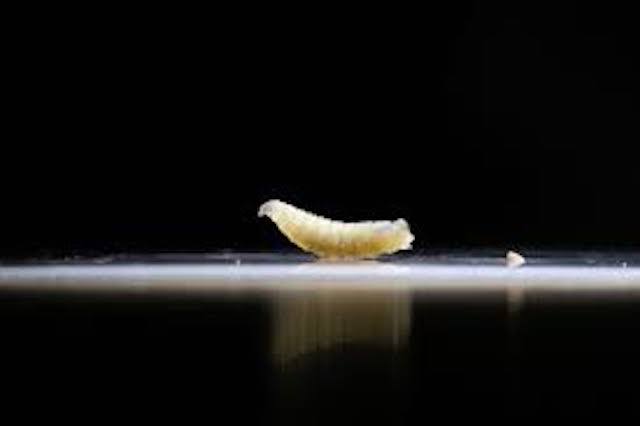
The recent confirmation of the a flesh-eating screwworm in the United States may seem like a far-off issue. But for Nigeria and other African nations, this is not a time to relax. It’s a wake-up call.
The parasite, a flesh-eating larva of the Cochliomyia hominivorax fly, is known to attack healthy living tissue in humans and animals. And while the infected patient had traveled to Panama, the broader danger is real—especially for countries like ours with warm climates, large rural populations, and weaker healthcare systems.
Here’s why African governments must act now—and with seriousness:
1. Our Climate Makes Us Vulnerable
The screwworm thrives in warm, moist environments, which makes most of sub-Saharan Africa a perfect breeding ground—if it ever enters. Whether through international travel, imported livestock, or porous borders, all it takes is one careless entry point for a potential outbreak.
2. Healthcare Systems May Miss It
Most healthcare workers in Nigeria and across Africa are not trained to detect rare parasitic infections like screwworms. Without specific knowledge or equipment, it’s easy for such a case to be misdiagnosed, giving larvae more time to destroy tissue and spread.
In remote or underserved communities, where access to quality medical care is limited, this becomes even more dangerous.
3. A Threat to Livestock Is a Threat to Food Security
Screwworms don’t just infect people—they also attack animals, especially livestock like cows, goats, and sheep. For countries where many depend on small-scale farming, a screwworm outbreak could wipe out herds, destabilize rural economies, and drive up food prices nationwide.
This isn’t just a health issue—it’s an agricultural and economic one too.
4. Politicians May Use It for Political Gain
Let’s be honest: in Nigeria and across Africa, we’ve seen how real public health concerns are sometimes turned into political weapons. If screwworm-related cases emerge, there’s a risk that politicians may use it to score points, blame opponents, or divert attention from their own failures in healthcare or border control.
Instead of coordinated national action, the situation could easily turn into a blame game, further delaying meaningful response.
That’s why the public must stay informed, vigilant, and demand transparency. Health shouldn’t become a tool for political rivalry when lives and livelihoods are at stake.
In Conclusion
The screwworm may be rare, but the conditions that allow it to spread exist right here at home. This is not fearmongering—it’s a call for preparedness.
Governments must:
Equip medical workers with the right training
Strengthen disease surveillance at borders and ports
Protect livestock through veterinary outreach
And most importantly, avoid turning this into another political show





